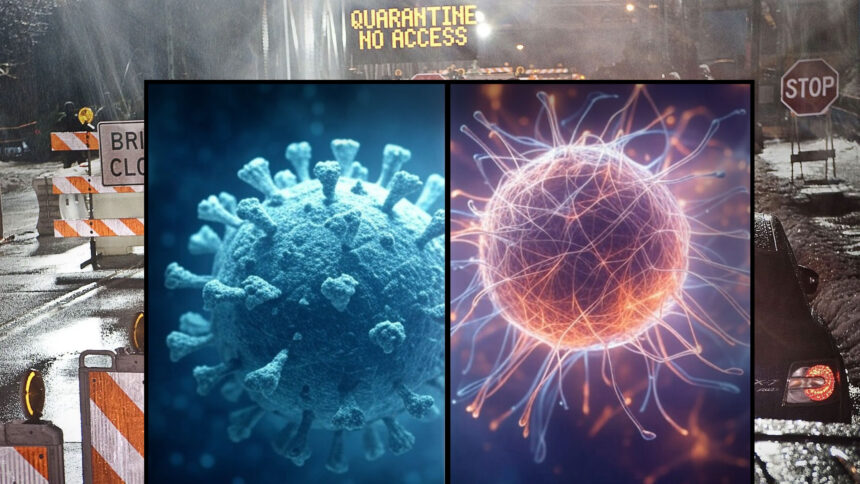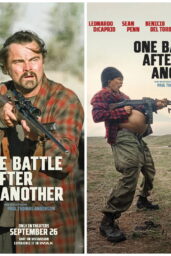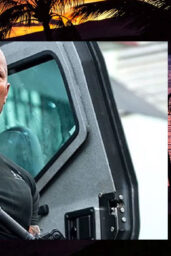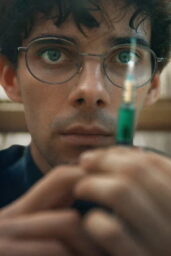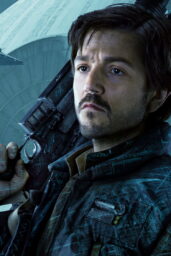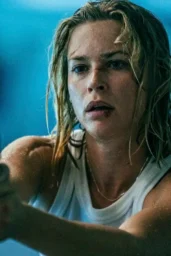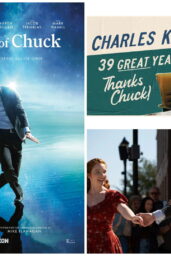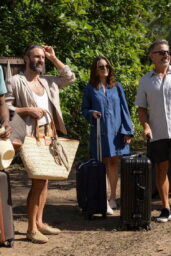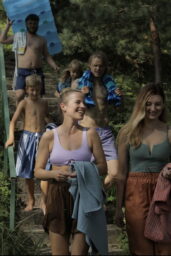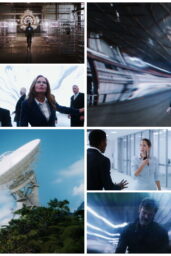What if our next great pandemic thriller wasn't just about a virus—but co-written by one?
Okay, not literally. But when Contagion screenwriter Scott Z. Burns asked an AI named Lexter—a synthetic ex-film critic with a flair for the dramatic—to help craft a sequel, what he got wasn't just help. It was a wake-up call. The result? An unsettling idea so sharp even Steven Soderbergh called it “terrifying.”
Let that sink in: The guy who shot Traffic, Magic Mike, and Contagion just labeled this new pitch “terrifying.” And not because it's gory. But because it's eerily real.
Back in 2020, Contagion became the cinematic Ouija board of the pandemic—suddenly resurrected from 2011 to explain our present. Warner Bros. watched it rocket from #270 in their back catalog to their most-streamed title. Piracy sites lit up. iTunes sales exploded. It wasn't just a movie. It was a mirror.
But if you thought Burns and Soderbergh were going to rehash the COVID crisis for a cash grab sequel, think again. They're aiming for something worse. And smarter.
In Audible's new original series What Could Go Wrong?, Burns walks us through the writing process—except this time, the writer's room includes AI. The experiment started with writer's block and ended with a techno-creepy epiphany: what if a virus wasn't the only thing mutating? What if the storytelling itself was infected?
“I asked Lexter for help,” Burns says in the series. “And what came back wasn't just usable. It was disturbingly good.”
Here's the twist: the sequel reportedly distances itself from COVID entirely. No masks. No vaccines. Just a new kind of threat—and possibly, a new kind of storytelling. The AI isn't just a tool in this narrative; it may be the metaphor. Or the monster.
Sound familiar? It should. Hollywood's flirtation with AI isn't new. From Her to M3GAN, we've watched humans fall for, fight with, and fall victim to synthetic minds. But this time, it's not fiction. It's the screenwriting process itself—invaded, altered, maybe even improved by an artificial presence.
Think of it like this: Contagion 2011 was a warning about biology. Contagion 2 could be a warning about ideology—how tech, fear, and misinformation spread faster than any virus. And it echoes another disturbing Hollywood pattern: reality inspiring fiction, then fiction shaping reality.
Flashback to 2013, when Her seemed like a cute what-if. Flash forward to 2025, and we're wondering if Siri is silently judging our taste in Spotify playlists. The lines have blurred.
Soderbergh's mosaic style—interlacing scientists, politicians, and everyday people—is perfect for this kind of story. Just swap virologists for data scientists, anti-vaxxers for AI-doomers, and you've got a thriller tailor-made for an age where ChatGPT could write your wedding vows—or fake your obituary.
So, here's the real question: Would you watch a film co-written by AI about the dangers of AI? Because that's what might be on the table.
Would you risk it? Or has reality already outpaced fiction? Comment below.

